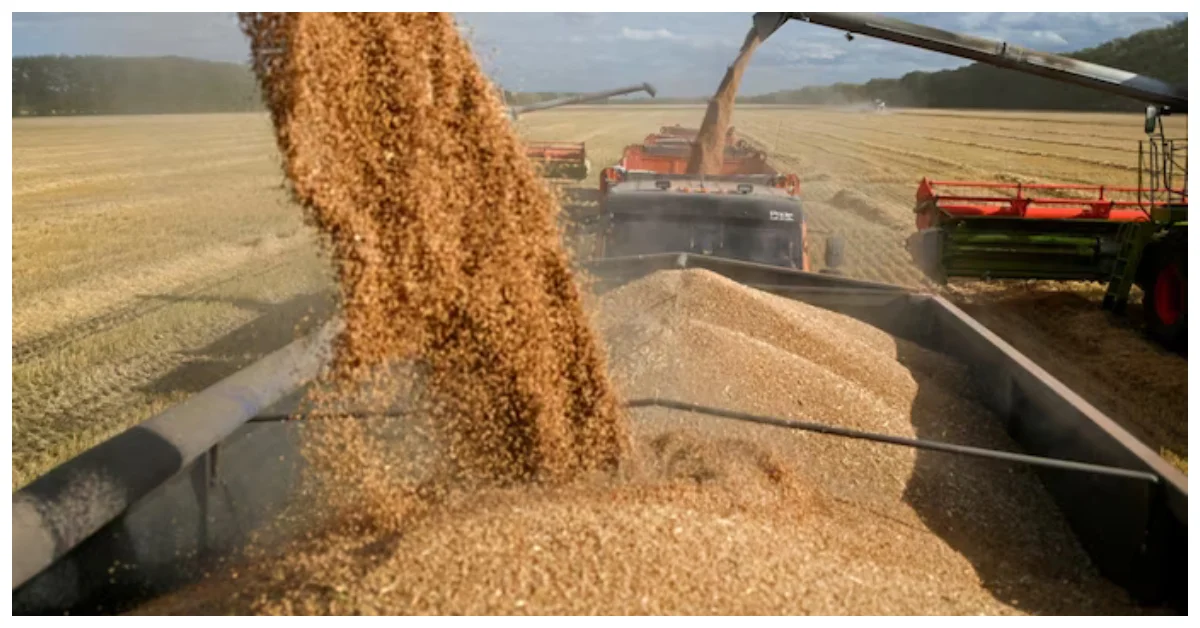In a recent media conference, Isobel Coleman, the deputy administrator for policy and programs at the United States Agency for International Development (USAID), cautioned African nations to brace themselves for a surge in food costs.
The warning comes in the wake of Russia’s decision to withdraw from the Black Sea Grain Initiative, established in July 2022 to prevent a global food crisis following its invasion of Ukraine – a significant grain supplier.
Under the Black Sea Grain Initiative, commercial quantities of food and fertilizer were allowed to be shipped from Ukraine’s key Black Sea ports to support nations heavily reliant on grain imports, particularly those in the developing world.
Unfortunately, the recent missile and drone attacks by Russia have reportedly damaged approximately 180,000 metric tons of Ukrainian grains in storage, enough to feed over 12 million people for a month.
Coleman emphasized the global impact of Russia’s withdrawal from the initiative. By removing Ukraine, one of the world’s largest grain producers, from the market, Russia has driven up global food prices.

She noted that the initial implementation of the initiative had led to a decrease in food prices, but the recent withdrawal has reversed that trend, affecting developing countries that heavily rely on grain imports and have to allocate more foreign exchange resources to secure food for their populations.
Read Also: US Treasury Official to Address Impact of Russia’s Withdrawal from Grain Pact
The consequences of Russia’s departure from the Black Sea Grain Initiative are expected to be particularly severe for the least developed nations, which directly received 20% of the grains and emerging nations, which received 65%.
In light of these challenges, the USAID, through its “Feed the Future” strategy, aims to bolster food security and resilience to food crises in more than 40 countries worldwide, including 20 target countries with high levels of poverty and hunger but significant potential for agricultural development.
USAID is actively exploring alternative grain export routes for Ukraine, such as those via the Danube, roads, and rail, to mitigate the impact of Russia’s decision and sustain food security in affected regions.
Subscribe to our YouTube channel Switch TV
As African nations brace for the impending rise in food costs, international efforts are underway to address the repercussions of Russia’s exit from the Black Sea Grain Initiative and to ensure food security in vulnerable regions.
















